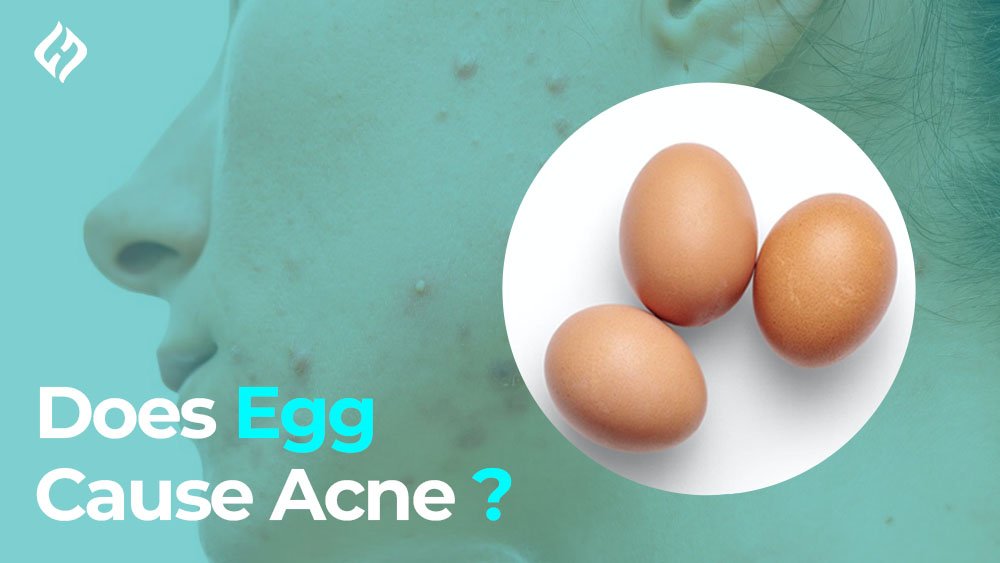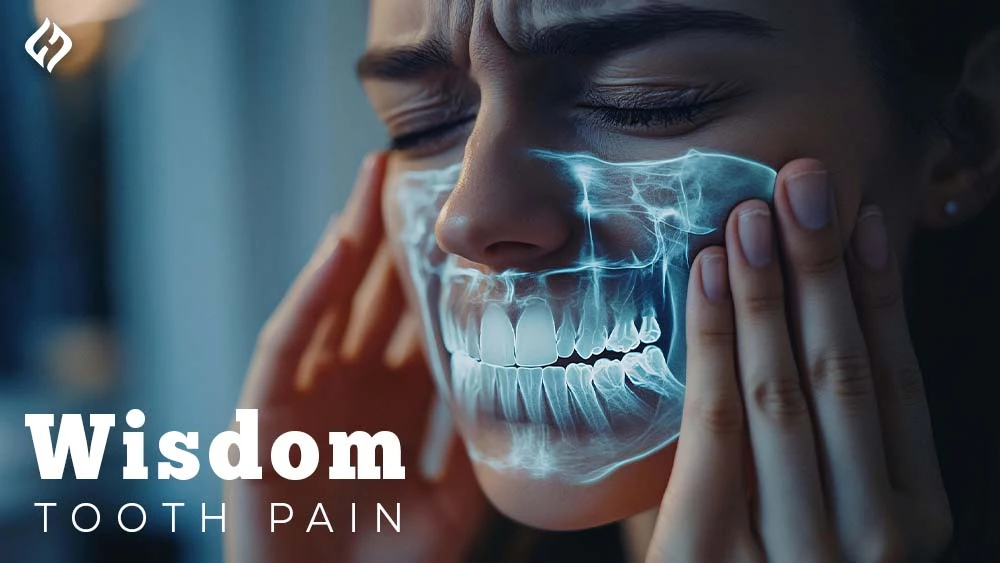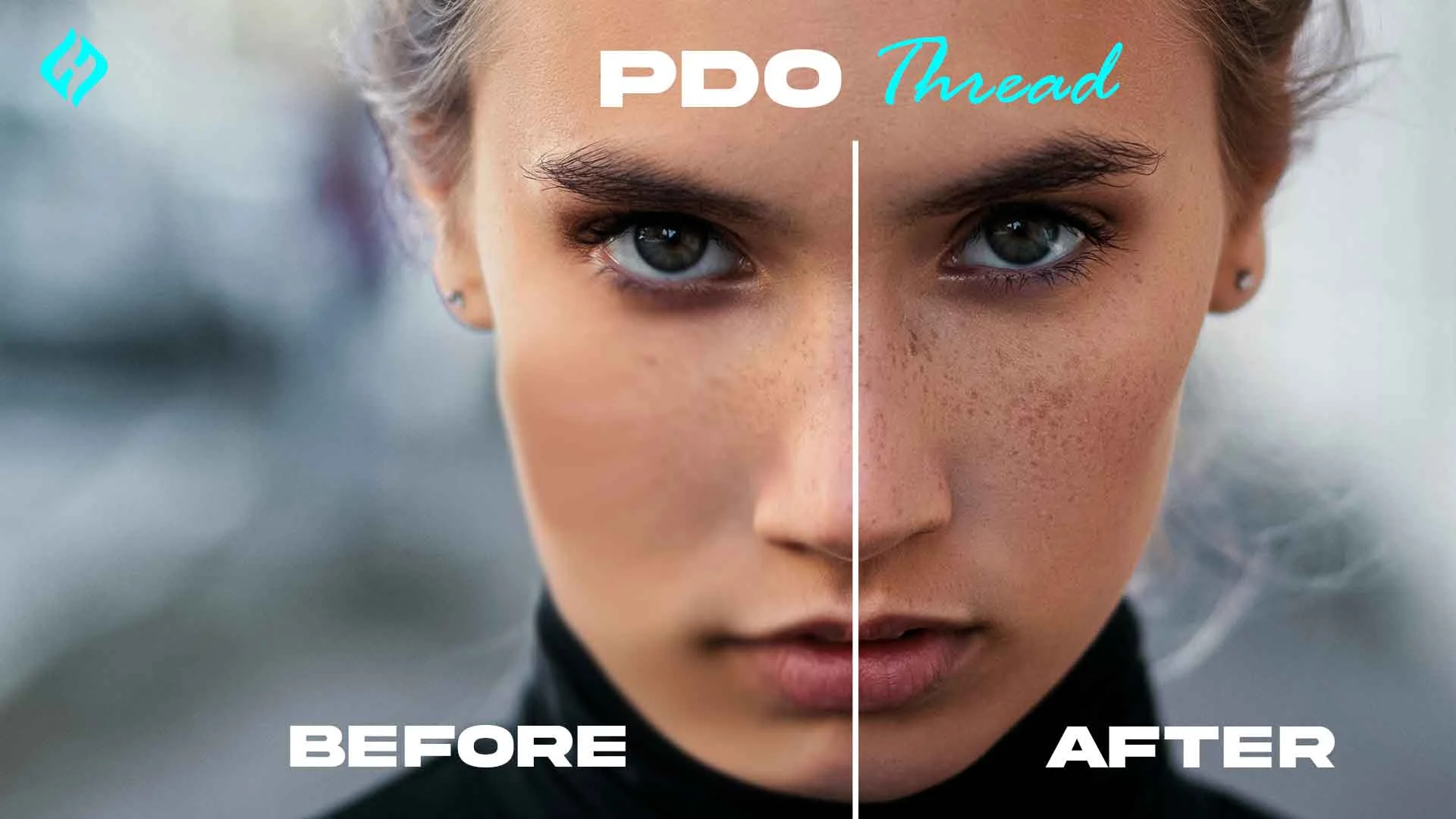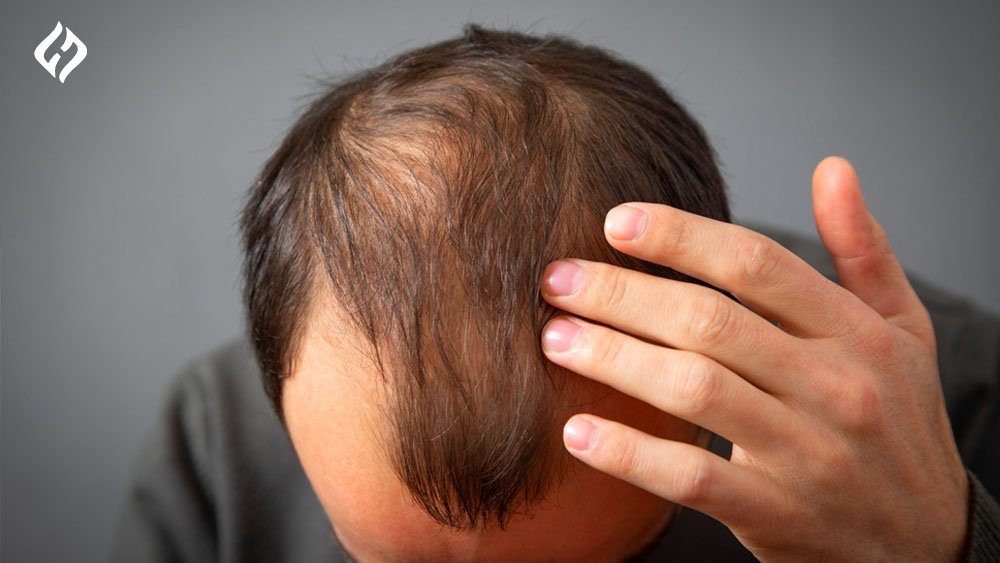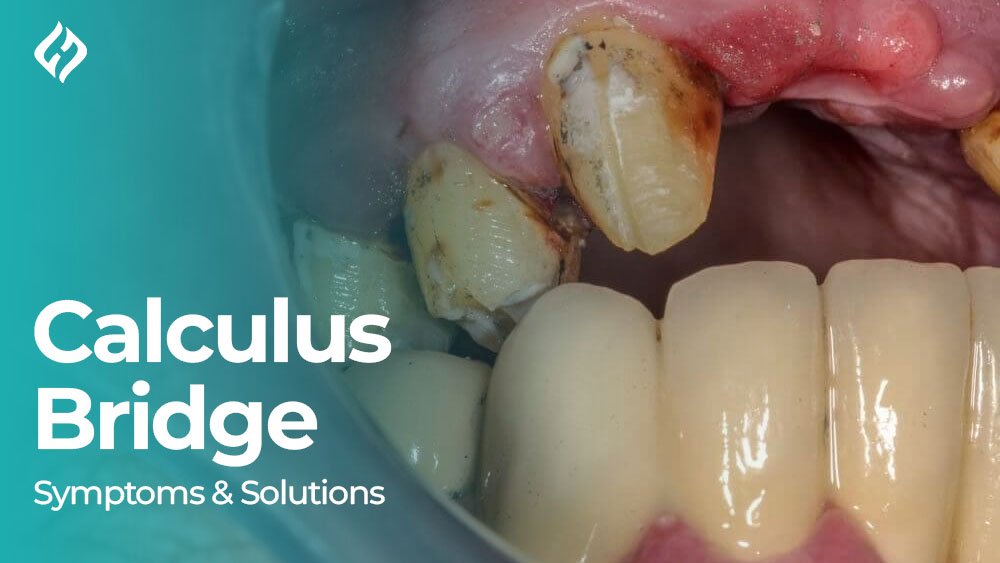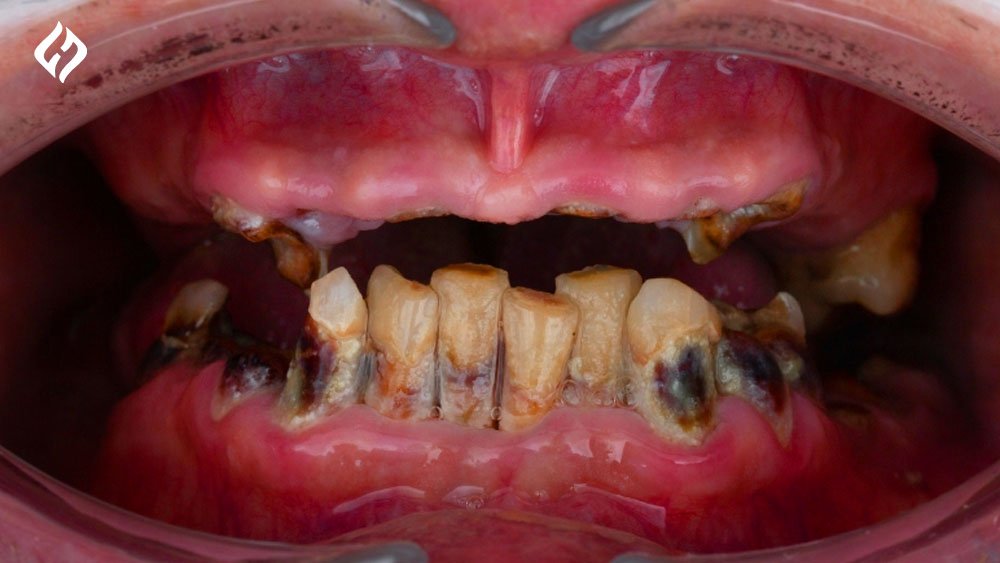Understanding the Connection Between Eggs and Acne
Acne is a common skin issue that affects a number of people worldwide, and hormonal, genetic, and other factors cause it. Eggs have rich nutritional benefits and are a popular food that people add to their diets. However, eating eggs can become problematic for individuals with acne-prone skin. So, if you’re wondering, “Does egg cause acne?” this article will help you guide the ways eggs can connect with acne and provide a deeper understanding of this topic.
Albumin: The Protein in Eggs
Albumin is a protein found in egg whites and can cause acne to worsen in individuals having acne-prone skin. As albumin is a complex protein, some individuals may have difficulty digesting complex proteins like albumin. When they don’t digest in the body, it can lead to inflammation and clogged pores. Sensitive skin individuals may find that consuming egg whites triggers allergic reactions that affect their skin barrier.
How Lymphatic Blockage Leads to Acne
The lymphatic system helps to remove toxins and hormones from the body. When the lymphatic system is blocked or not functioning properly, toxins can build up in the body and cause acne breakouts. Toxins mostly build up in the area under the skin near the neck and jawline and can lead to acne. It is reported in some individuals that the consumption of certain foods, like eggs, can impact the lymphatic system’s ability to function properly, indirectly leading to skin problems.
Biotin and Its Effect on Skin Health
Eggs contain high amounts of biotin compared to other foods, but they are not enough for acne breakouts. Individuals taking biotin supplements that contain high levels of this vitamin can lead to acne. Excess biotin will produce more keratin, which will clog pores in individuals, and an acne breakout will flare up. If you have acne, you have to avoid supplements that have high levels of biotin because they will affect your skin barrier.
Hormones in Eggs and Their Potential Impact
Commercial eggs contain a hormone called progesterone, which disrupts the body’s hormonal balance. Progesterone stimulates the sebaceous glands in the skin, resulting in more oil production. Excess oil production can lead to clogged pores and cause acne breakouts. While the amount of progesterone in eggs is relatively low, it may affect sensitive individuals, especially people prone to hormonal acne. In addition to progesterone, eggs contain trace amounts of other hormones that can cause acne. Hormonal fluctuations occurring during menstruation or pregnancy contribute to acne development. For individuals who already have acne, eating eggs can worsen their acne.
Tips to Boost Digestion for Radiant and Clear Skin
Due to poor digestion, some individuals may have acne due to hormonal imbalances. For healthy skin, first, your digestive system should work properly. When your digestive system works properly, it helps to remove toxins and unwanted material that could otherwise cause skin issues like acne. To maintain your skin’s natural glow, it’s necessary to follow some simple tips.
- Eating fiber-rich foods.
- Drinking plenty of water.
- Foods rich in Omega-3 fatty acids & zinc.
- Foods rich in Vitamin A, D & E.
- Chewing your food thoroughly.
- Add fruits to your diet.
- Take probiotics and fermented foods.
- Sleep properly 8-10 hours daily
- Reducing Stress
Foods to Include for Acne-Free Skin
Eating certain foods can free your skin from acne. Adding fresh fruits and vegetables, like leafy greens, carrots, and berries, to your diet is very beneficial for the skin’s natural barrier. Whole grains such as quinoa and oats are also helpful in getting rid of acne. Healthy fats from sources like avocados, walnuts, and fatty fish provide essential nutrients for maintaining your skin’s elasticity. Foods rich in zinc, like pumpkin seeds, can also help control oil production, which reduces acne-causing bacteria. Probiotic-rich foods like yogurt promote gut health. Drinking plenty of water removes toxins from the body and reduces acne.
Foods to Avoid That May Trigger Acne
Some foods to avoid in acne because they make it worse. High-glycemic foods like sugary snacks, white bread, and soda must be avoided because they can increase oil production and damage your skin’s barrier. Processed and fried foods, like chips and fast food, must be cut down because they can clog pores. Individuals with acne-prone skin must avoid excess caffeine and energy drinks. Sometimes, chocolate may also trigger acne. Identifying your acne triggers and avoiding them for healthier skin.
Healthy Habits to Enhance Your Skin’s Glow
With a skin-friendly diet, healthy habits must be added to your lifestyle for healthier skin. Reducing stress, anxiety, depression, staying active, and sleeping properly can do wonders for your skin’s natural glow. Daily exercises can regulate your blood flow and can flush out toxins from your body. Reducing screen time before bed and sleeping properly can make you energetic and also enhance your skin’s glow.
The Importance of Hydration and Sleep
For healthy and clear skin, hydration and sleep are two main key factors. Drinking plenty of water keeps your skin hydrated and removes toxins that might trigger acne. Drink eight glasses of water daily; you can also add lemon, honey, beetroot, flaxseed, and cucumber for extra flavor. Sleep is an essential factor in repairing the skin’s barrier and can reduce acne. Taking 8-10 hours of sleep daily can reduce puffiness from your skin.
Managing Stress for Healthy Skin
When you’re stressed, your body releases a hormone called cortisol that can increase oil production and flare up acne. Doing yoga, going to the gym, practicing meditation, and resting for some time can help manage stress. Walking, running, breathing exercises, journaling, or doing something you love can help lower stress levels and benefit your skin. Stress doesn’t affect your skin directly but can cause digestion and some other problems that relate to acne.
Customizing Your Nutrition for Effective Acne Management
Every person’s skin is different from others. Anything that suits your skin may not suit others’ skin. Personalized nutrition is all about how your body responds to various foods and making lists of foods that support your skin’s natural glow. Hormonal imbalance is a main factor in influencing acne; taking a diet full of nutrition can reduce hormonal acne. For example, some people wonder, “Does egg cause acne?” while others find no issues with them. This indicates looking at your triggers and making a diet that works best for you.
Exploring Food Sensitivities and Their Link to Skin Health
Some individuals feel sensitivity to eating certain foods, causing allergic reactions on their skin. Sensitivities to certain foods lead to poor digestion, inflammation, and acne. Every person’s triggers are different; some are sensitive to eggs, causing allergic reactions and acne on the skin, while others are not. A question arises every time, “Does egg cause acne?” Eggs don’t directly cause acne but can worsen acne-prone skin.
How a Dietitian Can Help Identify Skin-Triggering Foods
A proper diet for healthier skin is important, so working with a dietitian is a game changer. Dietitians identify food sensitivities that may trigger acne breakouts. For example, they see if you are allergic to eggs or any other dietary fiber. A dietitian can guide you in the best way to what foods you have to eat and what you must eliminate from your diet; it will help you reduce acne. Every person’s skin reacts differently to different foods, so they recommend the best diet plan according to your skin.
Finding the Best Solutions: Natural and Clinical Acne Treatments
Acne can be treated by using natural remedies and advanced clinical options. The treatment depends on the type of your skin and what kind of acne you have. In some individuals, acne can be reduced by using only natural skincare practices. Individuals use rice water, rose water, aloe vera gel, tree tea oil, potato juice, and multani mitti as natural remedies to get rid of acne and post-acne marks. It’s better to consult a dermatologist first to know about your skin type, then use natural products accordingly. Before using any medications, you must consult the dermatologist first.
Understanding Topical Treatments and Medications
Salicylic acid, benzoyl peroxide, and retinoids like tretinoin-containing medications are some of the best solutions for acne. By using these products, you can get rid of clogged pores and acne-containing bacteria. These medications do not work on every person’s skin and can cause side effects in some individuals; consulting a dermatologist must be your first choice. Consulting a dermatologist is necessary because if you have severe acne, he will give you medications according to it.
Holistic Skin Care Practices for Clearer Skin
A combination of healthy lifestyle habits with natural remedies called holistic skin care. In holistic skin care, one must be hydrated, eat a balanced diet, and manage stress levels. Some individuals are allergic to natural products; they must avoid such products, which cause allergic reactions and ultimately cause acne breakouts. Cleanse your face daily with an exfoliator. Exfoliating your skin with AHAs and BHAs and with some other mild products can get rid of acne. Use Ice packs if it doesn’t irritate your skin. Going for a walk daily, going to the gym, and meditation can help you manage stress levels and reduce acne breakouts.
Why Consulting a Dermatologist is Crucial for Healthy Skin
If you ever face acne, consult a dermatologist first for better solutions. Dermatologists are trained professionals who study different skin types, different types of acne, and their best solutions. Dermatologists can easily tell you about the root cause of your acne. For example, If you are allergic to eggs, hormonal imbalance, improper diet, or stress, he will give you medications according to it. Many factors can trigger acne; it can be egg or fried foods like fries, soft drinks, and lack of sleep. According to your acne, they can prescribe you advanced therapies like chemical peels or laser treatments.
Conclusion: Finding the Right Path to Clearer Skin
Achieving clearer skin is possible but isn’t easy for all individuals, especially those who have acne. You have to invest a lot of time in your skin’s glow. Diet, a healthy lifestyle, and holistic skin care are also factors in your skin’s natural glow and lead to getting rid of acne. Many reasons can cause acne; it may be due to hormonal imbalance, improper diet, stress, lack of sleep, sensitivities, etc. For example, most people wonder, “Does egg cause acne?” No eggs don’t directly cause acne; some individuals face allergic reactions due to food sensitivities. For the skin’s natural healing process, it’s necessary to manage your stress and develop a proper skincare routine, a healthy lifestyle, and a healthy diet. Also, Consult with a dermatologist for a better understanding of your skin and skin type. Every person’s skin healing time is different, so be patient if you ever indulge in acne breakouts.
FAQs
Does egg cause acne for everyone?
No, egg doesn’t not cause acne for every individual; it can worsen it if anyone already has acne.
What are the best foods for managing acne?
Probiotic-rich foods, zinc-containing foods, vitamins A, D & E, and Omega-3 fatty acids are the best foods for managing acne and clear skin.
How can I identify food sensitivities that trigger acne?
When you eat and drink and feel any skin change or also by consulting a dietician, you can easily identify your food sensitivities that trigger acne.
Are natural remedies effective in treating acne?
Natural remedies don’t work for all individuals; some feel allergic to any natural products. Aloe vera gel, tree tea oil, multani mitti, and rice water are natural remedies that are effective in treating acne.
Should I stop eating eggs if I have acne-prone skin?
Avoid eating eggs if you have acne-prone skin; it doesn’t directly cause acne but can worsen it. So, it’s best to avoid eggs with acne, but you can again start eating eggs once you are healed and achieve healthy, acne-free, glowing skin.
Also Read: Hair Loss After Surgery: Causes, Treatments & Recovery


